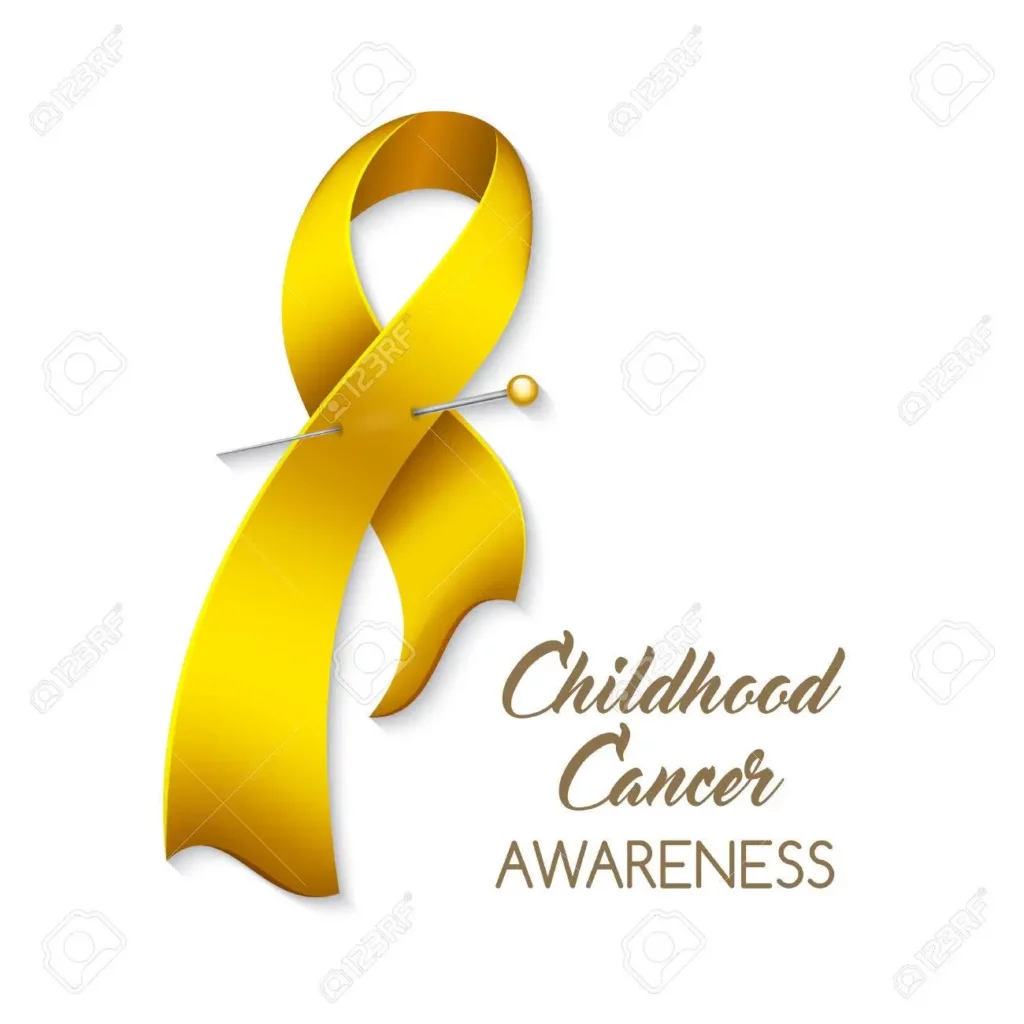Children are less likely to get cancer because their cells are still developing and are very powerful at repairing and repairing DNA if it is damaged. Despite this, cancer is also found among children. Here are some myths about it.
Childhood cancer is a diagnosis that definitely sends chills down any parent’s spine upon hearing it. There are many myths about this, so in this article we find an opportunity to debunk all these myths and find out the true facts.
Cancer has long been assumed to be a diagnosis in the elderly. Our body has the ability to properly reproduce cells that deteriorate over time. Our cells divide and are replaced by old cells, which is a natural process. When a cell’s DNA is damaged, the transcription process can be disrupted and misunderstood, causing it to multiply uncontrollably, resulting in a population of highly rogue cells that self-replicate. They do not perform the functions established by the law of nature, and therefore become destructive to the body.
Tumors can affect the function of essential organs within or near them and absorb energy directed at normal tissues, upsetting the body’s balance. When these cells spread through the lymphatic system or blood vessels, they produce new tumors in other parts of the body, which can be very deadly and life-threatening.
Children are less likely to get cancer because their cells are still developing and are very powerful at repairing and repairing DNA if it is damaged. Despite this, cancer is also found among children.
These are the points to break all the myths about cancer in children:
1. Cancer is contagious
Unlike the flu, cancer is not contagious and therefore cannot be transmitted from one person to another. However, it is important to note that children who receive chemotherapy or radiotherapy have weakened immune systems and are more susceptible to infection with microorganisms such as bacteria and viruses that cause a variety of infectious disorders.
2. Childhood cancer is inherited from parents
Although all malignancies are caused by genetic errors in the cells themselves, this does not mean that the parents are to blame. According to current studies, only about 2% of all childhood cancers are hereditary, and most childhood cancers are caused by random mutations.
3. The curability is very low in childhood cancer
With decades of scientific research and development, clinicians can now apply specific combinations of treatment modalities, such as chemotherapy, surgery, radiotherapy, targeted therapy, and immunotherapy. These treatment methods are adopted to have a better chance of survival. The cure rate for childhood cancers ranges from 80% to 90%, compared to adult cancers, thanks to strong and growing immunity and health.
4. Cancer survivors do not need any additional treatment
Survivors should receive ongoing follow-up care. They are more likely to develop chronic health problems as a result of their first cancer treatment if they do not receive follow-up care.
It is essential to monitor young children regularly to ensure that they remain healthy, cancer-free and free from long-term, chronic side effects.
5. All malignancies
Although most malignancies consist of adenomas, not all tumors are malignant. Tumors are classified as benign or malignant. Polyps are benign tumors that remain in the same place on the body for a long period of time. On the other hand, malignant tumors can spread to other parts of the body and be more deadly, and surprisingly, some malignant forms require minor surgery or simple treatment if caught early.
6. Don’t tell children directly that they have cancer.
We live in the information age and our children deserve to know what they are facing. It can be difficult, but it can actually provide the best opportunity for education: When the diagnosis of childhood cancer is announced, there is no better time than now! So that we have a brave warrior in full force to fight this deadly disease and definitely help them see life after cancer.
7. Children with cancer will never live a normal life
Childhood cancer is a major event in any child’s life, but it shouldn’t always stop them from experiencing all that childhood has to offer.

